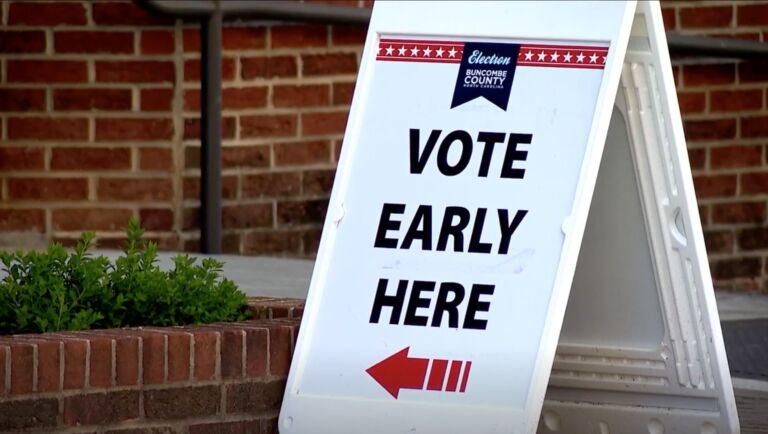Rich Lowry devotes his latest National Review Online column to the ill-fated litigation known as Pigford.
Abraham Carpenter Jr., a farmer in Grady, Ark., has more insight into human nature than the average sociologist. “Anytime you are going to throw money up in the air,” he told the New York Times, “you are going to have people acting crazy.”
Carpenter is quoted in an astonishing 5,000-word Times exposé on the federal government’s wildly profligate program to compensate minority and women farmers for alleged discrimination. The government rigged the game against itself and in favor of anyone claiming taxpayers’ dollars. It was like a gambling house that fixed its slot machines to always come up triple cherries (and pay out other people’s money).
The enormous scam was set in motion by a 1997 class-action lawsuit called Pigford v. Glickman, with black farmers alleging that the Department of Agriculture discriminated against them in allocating loans. The Government Accountability Office and the Agriculture Department found no evidence of ongoing discrimination, but that black farmers had been treated unfairly in the past. This injustice became the predicate for officially sanctioned fraud amounting to reparations for non-white, non-male farmers.
The Clinton administration decided on a $1 billion settlement, “more a political decision than a litigation decision,” one lawyer told the Times. The presiding judge expanded the definition of claimants to include anyone who had “attempted to farm,” and no written complaint of discrimination was necessary. The judge wanted to set up a mechanism to provide “those class members with little or no documentary evidence with a virtually automatic cash payment of $50,000.”
He succeeded brilliantly. Staff from lawyers’ offices filled out forms for claimants at mass meetings. People filled out applications for their kids. Entire families filled out applications. Most applicants had never received any loans, making it impossible to check the record to verify their claims.


